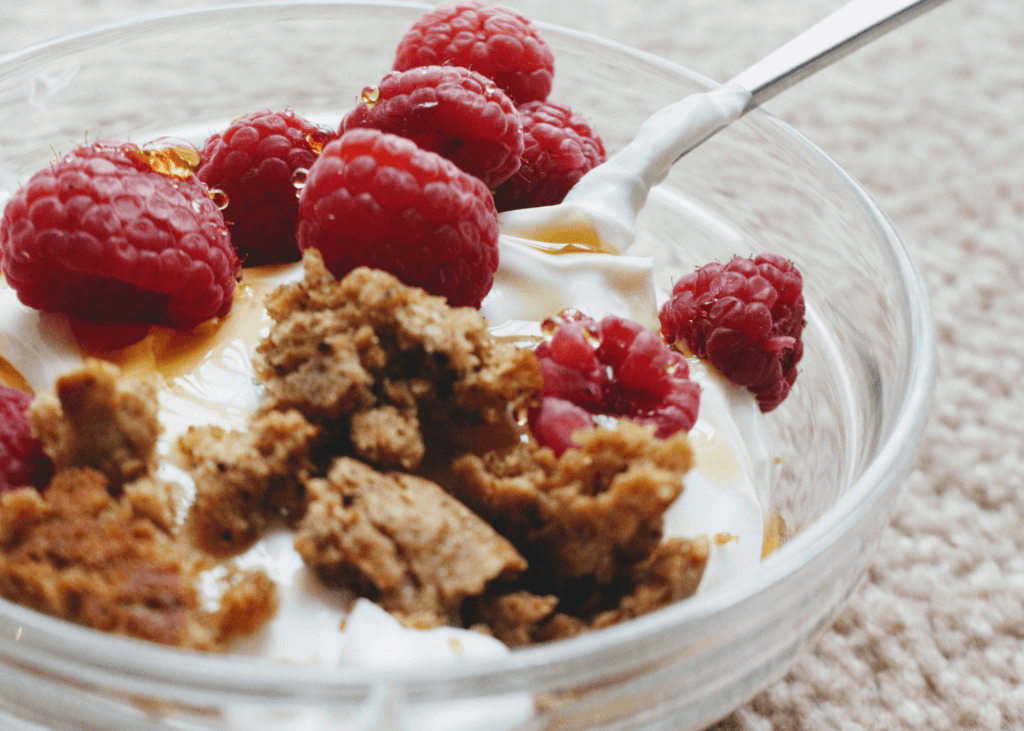Fueling Your Body for Physical Activity

By: Aimee Kramer
According to the Centers for Disease Control, it is recommended that adults perform 150 minutes of moderate physical activity, or 75 minutes of vigorous physical activity, each week. Children should be active for 60 minutes a day. Physical activity alongside a nutritious diet can provide benefits for anyone at any age. These benefits include:
- Improve sleep and boost energy
- Maintain bone density and muscle mass as we age
- Improve balance to avoid falls and injuries
- Helps reduce the risk of and manage diseases (Type 2 diabetes, cardiovascular disease, high cholesterol)
- Boost immune system
- Improve mood
- Weight loss and weight management
Physical Activity and Nutrition
Physical activity increases the body’s need for certain nutrients. Consuming a combination of carbohydrates and protein one to four hours before physical activity is ideal. Carbohydrates break down into sugars to provide energy and protein helps build and repair muscles during activity. Performing physical activity shortly after eating, like going for a walk after dinner, can help regulate blood sugar levels. Carbohydrates and proteins should be consumed within an hour after physical activity to restore your energy, stabilize blood sugars, and help muscles rebuild. Snacks or meals with a balance of carbohydrates and protein include:
- Crackers with cheese or nut butter
- Banana and nut butter
- Fruit and yogurt
- Fruit and nuts
- Toast with avocado or nut butter
- Eggs and toast
Physical Activity and Hydration
Drinking water during and after physical activity is often sufficient for replenishing fluid loss. If physical activity is moderate to vigorous intensity, exceeds an hour, or happens in excessive heat then replenishing electrolytes may be necessary. Electrolytes are charged minerals that are found in blood, sweat, and urine and are essential to keep the body functioning. While there are electrolyte powders and beverages available, they often contain added sugars or artificial sweeteners and can be expensive. Instead, certain foods can be consumed to replenish the minerals:
- Magnesium: nuts, seeds, whole grains, leafy greens
- Potassium: bananas, avocados, potatoes
- Calcium: milk, cheese, yogurt, spinach
- Sodium: salted snacks, adding a pinch of salt to a glass of water